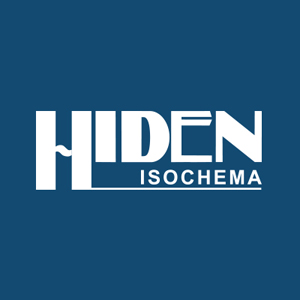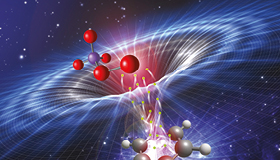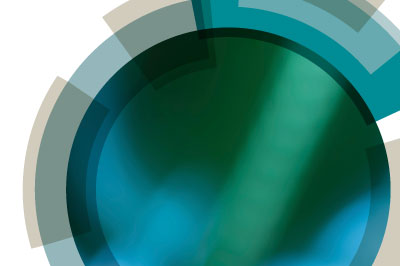The global generation of power depends heavily on coal-fired power plants; in 2008 nearly half of electricity was generated via coal combustion. This is expected to drop as a percentage but rise in absolute terms by 2035. Moreover, industrial processes such as the production of cement or iron emit CO2 as an intrinsic part of the process. As fossil fuels will remain part of the global energy mix for some time, carbon capture and storage is a “must develop” technology for reducing carbon emissions.
Carbon Capture and Storage is currently being tested at the megawatt scale. This session will review the technologies likely to be deployed in the first generation of plants, and will include current progress in demonstration and how chemistry and chemical engineering are working together to deliver on the promise of the technology.
• CCS – a technology for the future
Here, we will discuss potential technologies currently at the laboratory or small pilot scale for CO2 capture. These include those using metal-organic frameworks, nanoparticle-organic hybrid materials and chemical and calcium looping combustion.
• Modelling : Molecules to Mega-scale
In this session we will discuss recent advances in modelling (including thermodynamic theories), and how these can be used to produce large-scale models of power plants and capture equipment in silico.
• End use and disposal of CO2 – Storage or Utilisation?
In this session we will discuss the safety of CO2 storage, other end uses for CO2, use of CO2 as a platform chemical, CO2 to fuels, building materials, plastics and other uses. We will also discuss the questions of whether CO2 capture and storage and CO2 utilisation are competitors? And what are the factors, such as geographical location, that lead to the choice of one over the other?
Faraday Discussions have a special format where research papers written by the speakers are distributed to all participants before the meeting, and most of the meeting is devoted to discussing the papers. Everyone contributes to the discussion - including presenting their own relevant research. The research papers and a record of the discussion are published in the journal Faraday Discussions.
Themes
• CCS – a technology for nowCarbon Capture and Storage is currently being tested at the megawatt scale. This session will review the technologies likely to be deployed in the first generation of plants, and will include current progress in demonstration and how chemistry and chemical engineering are working together to deliver on the promise of the technology.
• CCS – a technology for the future
Here, we will discuss potential technologies currently at the laboratory or small pilot scale for CO2 capture. These include those using metal-organic frameworks, nanoparticle-organic hybrid materials and chemical and calcium looping combustion.
• Modelling : Molecules to Mega-scale
In this session we will discuss recent advances in modelling (including thermodynamic theories), and how these can be used to produce large-scale models of power plants and capture equipment in silico.
• End use and disposal of CO2 – Storage or Utilisation?
In this session we will discuss the safety of CO2 storage, other end uses for CO2, use of CO2 as a platform chemical, CO2 to fuels, building materials, plastics and other uses. We will also discuss the questions of whether CO2 capture and storage and CO2 utilisation are competitors? And what are the factors, such as geographical location, that lead to the choice of one over the other?
Aims
The aim of this Faraday Discussion is to bring together researchers from the chemical sciences community who are working on new potential carbon capture materials and processes, physical properties of CO2 and gas mixtures, and carbon dioxide utilisation with researchers from energy and process engineering who are looking at incorporating new technologies into viable carbon capture and storage processes.Format
The Faraday Division have been organising high impact Faraday Discussions in rapidly developing areas of physical chemistry and its interfaces with other scientific disciplines for over 100 years.Faraday Discussions have a special format where research papers written by the speakers are distributed to all participants before the meeting, and most of the meeting is devoted to discussing the papers. Everyone contributes to the discussion - including presenting their own relevant research. The research papers and a record of the discussion are published in the journal Faraday Discussions.
Student Poster Prize Winner
Yoan Delavoux, Queen's University Belfast, UKUseful links
- Frequently asked questions Questions about the unique discussion format
- E issue of Discussion Volume
Downloads
- Programme
- Pre Prints - Session 1 CCS: A technology for now
- Pre Prints - Session 2 CCS: A technology for the future
- Pre Prints - Session 3 Modelling: Molecules to mega-scale
- Pre Prints - Session 4 End use and disposal of CO2 - Storage or utilisation?











